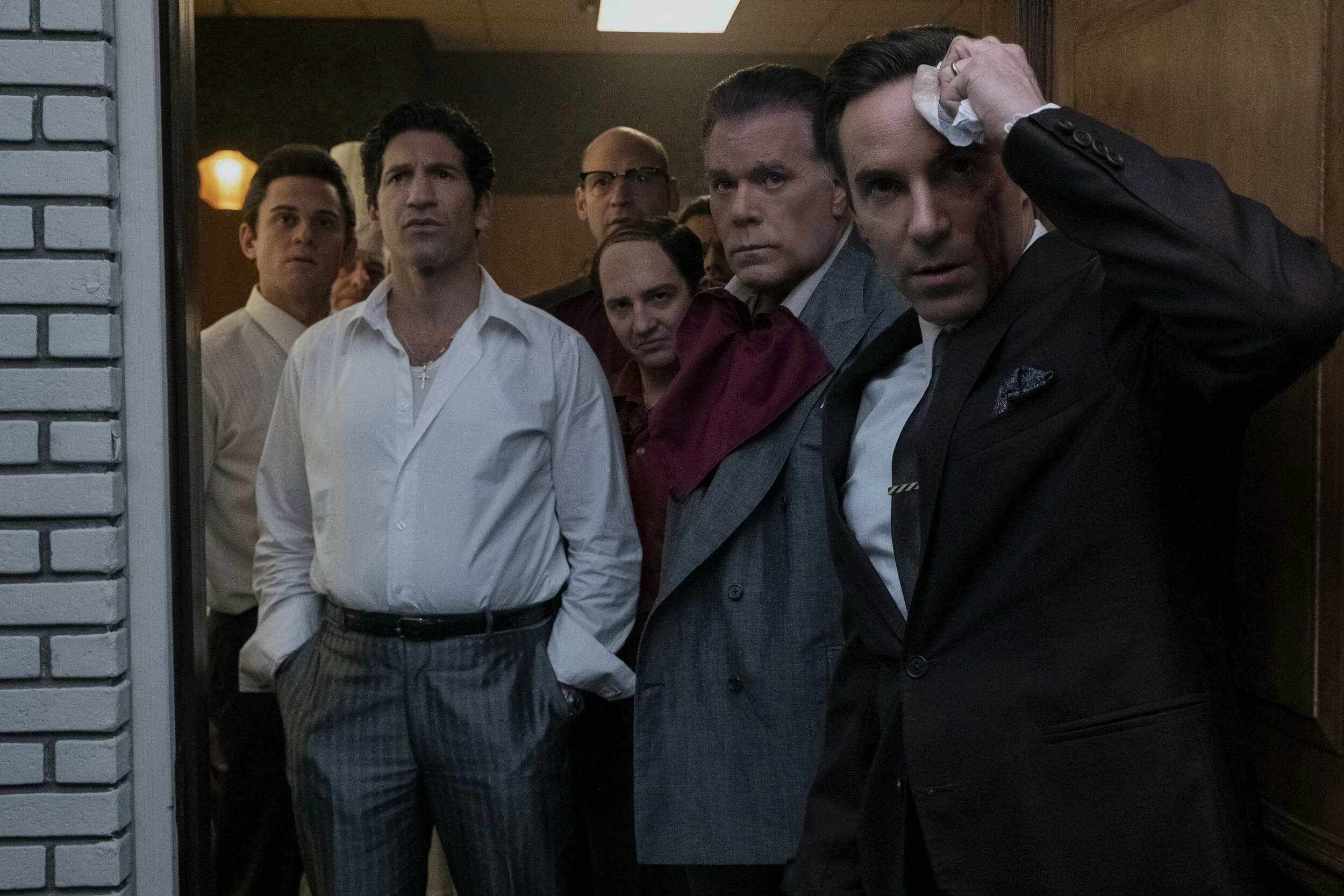Film Review: ‘The Many Saints of Newark’ has the makings of an entertaining film
David Chase returns to the world of the Sopranos with his prequel period piece The Many Saints of Newark after slamming the door in the audience’s face 14 years ago with a cut-to-black ending that either signalled an assassination or a trollish middle finger. It might’ve outraged viewers but that infamous cut-to-black ending was an appropriate bit of unsettling ambiguity to go out on. After all, unsettling ambiguity was a consistently terrifying undercurrent throughout the series.
Although The Sopranos focused on a brutish Jersey Mafia outfit and the unfortunate collection of victims and suckers that were pulled into their orbit, it was primarily about a much bigger idea: dreadful decline. Like patriarchal mobster Tony Soprano’s increasing sadism and callousness (consider, too, James Gandolfini’s weight gain and laborious wheezing), characters succumbing to dementia and all manner of cancers and addictions, and an atmosphere of impending doom that darkened with each season. On the other hand, The Sopranos was simply a cynical comedy about very stupid people. It’s ground-breaking television that’s aged like fine wine.
The Many Saints of Newark rewinds the clock back a few decades to the late 1960s. Much of it is about Dickie Moltisanti’s life, the psychotically tempered gangster who fathered Christopher Moltisanti and influenced Tony Soprano. The primary conflict is between him and an African-American hustler in his employ, Harold (Leslie Odom Jr.), who decides to go independent after bearing witness to brutal displays of violence against his people in the midst of the Newark riots (which is an upsetting scene of realistic mayhem, ably helmed by director Alan Taylor).
Perhaps by virtue of being a two-hour prequel film that dashes from plot point to plot point, The Many Saints of Newark doesn’t portray entropy in the same deliberate manner, its historical context is interesting if somewhat surface level, and as a prequel it offers straightforward answers to bits of Sopranos lore instead of asking us to ponder on larger existential questions. And sans James Galdofini’s legendary performance, it’s obvious that The Many Saints of Newark lacks the heft of The Sopranos.
That’s not to imply it’s a disappointment though because it’s a whole lot of fun if you’re a fan of the series and accept the film for what it is. Which is an entertaining curiosity. If you’ve ever been curious about Dicki Moltisanti (Alessandro Nivola), if you’ve ever wanted to see Johnny Boy and Corado in the prime of their lives, if you ever wondered how the 1967 Newark riots figured into it, throw in numerous references and callbacks…then The Many Saints of Newark will surely be right up your alley. If all of this sounds like some nonsense, there’s still thrills and laughs to be had in this well-produced if slap-dashedly plotted mafia flick.
Across the board, the performances are excellent. However, the standout here is Vera Farmiga as Livia Soprano, Tony’s mother. A purely venomous creature in the series, skilled in camouflaging her malevolence in theatrical expressions of self-pity, Farmiga’s take is more neurotic and less psychotic. In one touching scene, she appears to be aware of her destructive negativity. In the context of the movie it’s a somewhat minor note; taken in the context of the whole tapestry, it’s tragic. She could’ve been helped, were she not in that god awful environment where a mock execution is tantamount to an annoyed outburst. Similarly tragic is Michael Gandolfini as young Tony Soprano here, channelling his father’s idiosyncrasies while being wonderfully expressive all on his own. He’s a mischievous but essentially well-meaning kid, whose every instinct toward sensitivity is summarily snuffed out by the end. The one genuine act of love he receives in the film is interpreted as cold rejection. 30 something years later, he will say in the pilot episode of The Sopranos: ‘‘Lately I feel like I’m coming in at the end of things’, but if The Many Saints of Newark communicates anything, it’s that the cancer set in way before that existential itch troubled his psyche.





